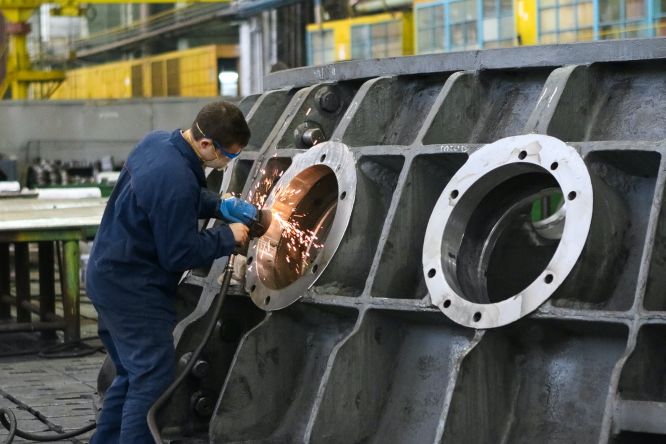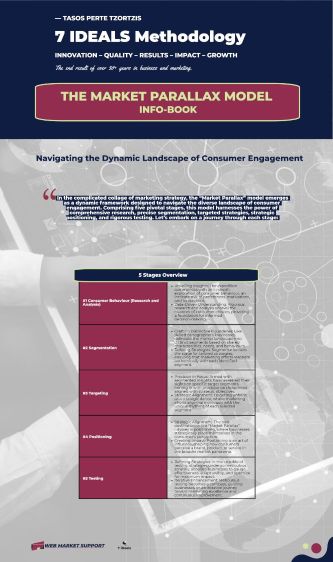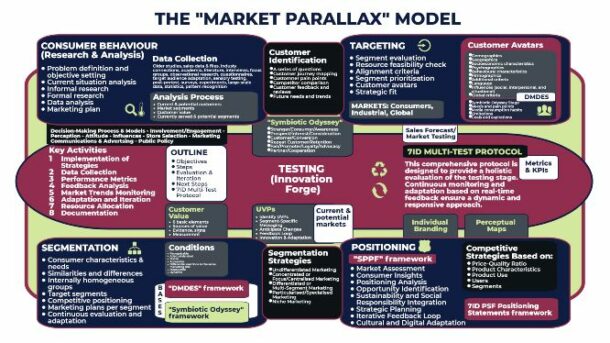Artificial Intelligence (AI) is changing the way manufacturing is being managed in just about every industry. From safety to productivity, AI is helping businesses change the way they handle their manufacturing.
Here is a look at seven ways AI is making an impact on manufacturing.
How AI is Making an Impact on Manufacturing

Photo by Kateryna Babaieva from Pexels
#1 Optimizing the Production Process
One of the biggest impacts of AI in the manufacturing world is that they can optimize the production process by completing some of the most repetitive tasks on the production floor. These tasks can include assembly, lifting, and packaging. This allows humans to not have to focus on simple tasks and handle more complex production work.
With AI, these machines can not only complete repetitive tasks, they can also get better at their job. In fact, some AI robots are able to decipher CAD models and not have to be programmed again and again to be more productive.
#2 Safer Working Environments
With AI, you can use what is known as “cobots” or collaborative robots to do some of the most dangerous and repetitive tasks. These cobots use machine learning algorithms to learn how to do their job safer and with better efficiency.
Cobots are also able to overcome the challenge that faced many older robots. That is that older, non-AI robots used a based approach to completing a task. That means that the robot was unable to change due to unexpected reactions.
With AI, the robot can learn and improve without having to be consistently reprogrammed.
#3 Improves Demand Forecasting
One of the things that AI machines are really good at is using data to discover meaningful patterns. With this data, an AI machine can be able to accurately provide real-time insights and predict demand. This allows the manufacturing team to be better prepared to scale up or scale down manufacturing.
#4 Product Innovation
When it comes to product innovation, AI is key to helping manufacturers. For instance, companies such as General Dynamics and New Balance are able to use AI to general hundreds to thousands of different design possibilities. From there, the engineers are able to determine the best designs to use.
The key here is that AI is able to come up with design ideas that would have been inconceivable by human designers in the same amount of time.
This allows the design and manufacturing process to be greatly streamlined.
#5 Simplifies the Supply Chain
According to a recent study, the average company will spend about 6,500 hours per year on the manual process of supply chain activities. Some of these manual processes include handling paper invoices, looking for purchase order numbers, responding to suppliers, and more. AI is able to optimize the supply chain by identifying the demand for various products. This demand can vary by season, consumer needs, socioeconomic developments, and more.
The key here is that AI can help in the all-important decision-making process for the supply chain. This can not only allow the manufacture to place a priority on the most relevant products, this can also help speed up delivery and the balance between supply and demand.
#6 Predictive Maintenance
One of the most important things that a manufacturer has to consider is the overall condition of the manufacturing equipment. One detects in one piece of manufacturing equipment can disrupt the entire supply chain. With AI, a system can be better monitored and system maintenance needs can be quickly found before they can disrupt the supply chain. For instance, AI can use sensors to track the performance of various pieces of manufacturing equipment.
#7 Customized Manufacturing
In the future, there will be a big demand for customized products. With AI, machines will be better able to create products designed for a specific customer.
For instance, an AI enables a machine can create a sweater with a specific fit or a table with a specific design.
The average company spend in hours per year on the manual process of supply chain activities
AI’s Role in the World of Manufacturing
AI is changing the entire world of manufacturing from safety to productivity. As improvements in AI continue to be brought to the world of manufacturing, we will see more efficiently run supply chains that can help lead to faster deliveries and improved profit margins.

Regina Thomas
Freelance Writer
Regina Thomas is a Southern California native who spends her time as a freelance writer and loves cooking at home when she can find the time. Regina loves reading, music, hanging with her friends and family along with her Golden Retriever, Sadie. She loves adventure and living every day to the fullest. If you are looking for a company that specializes in AI in manufacturing, Regina suggests checking out Mariner USA.













0 Comments